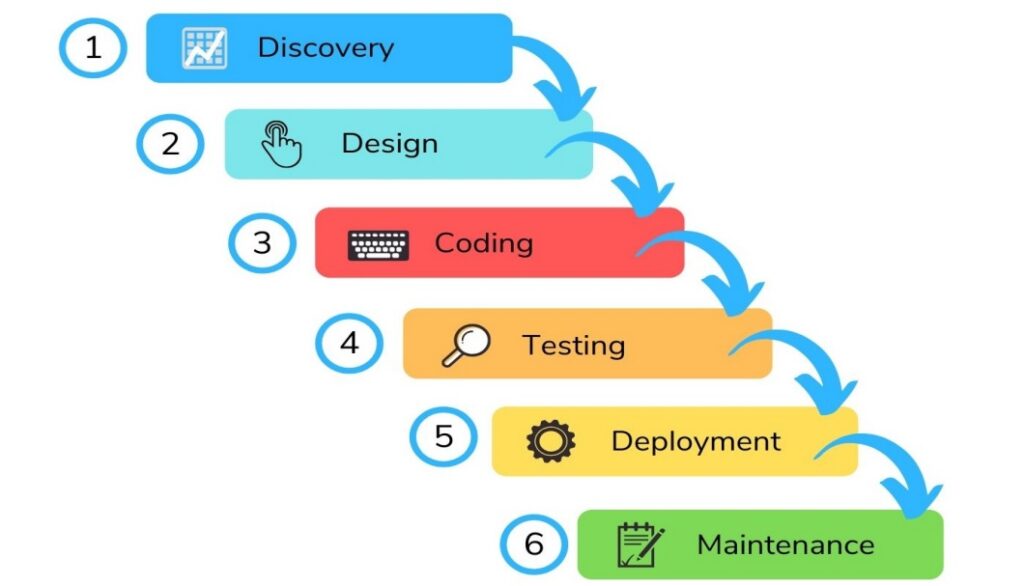Rise by Six: Your Daily Dose of Inspiration
Explore insights and stories that elevate your day.
Debugging: The Real-Life Survival Tactics of Software Developers
Unlock the secret survival tactics of software developers! Discover must-know debugging strategies that every coder needs to thrive.
Common Debugging Pitfalls: Avoiding the Traps Every Developer Faces
Debugging is an essential skill for every developer, yet many fall into common pitfalls that can prolong the debugging process. One of the most prevalent traps is insufficient testing. Often, developers jump straight into coding their fixes without thoroughly testing the changes made. This can lead to a cycle of errors where multiple issues arise from a single change, creating confusion and frustration. To avoid this pitfall, establish a rigorous testing protocol that includes unit tests, integration tests, and end-to-end tests, ensuring that each component functions correctly before moving on.
Another common debugging mistake is overlooking log messages. Developers may underestimate the power of logs when troubleshooting issues. Instead of checking logs for context and clues, they tend to rely solely on real-time testing or trial and error. Emphasizing the importance of reading log messages can significantly speed up the debugging process. Create a habit of reviewing logs systematically; use tools to filter and visualize log data, making it easier to pinpoint the origin of errors and reduce unnecessary backtracking.

Essential Tools for Debugging: A Developer's Survival Kit
Debugging is an integral part of the development process, and having the right tools can make all the difference. In any developer's survival kit, essential debugging tools include interactive debuggers like GDB for C/C++ or PDB for Python, which allow programmers to set breakpoints, step through code line by line, and inspect variables. Additionally, using logging frameworks such as Log4j or Winston can help track issues by providing developers with the ability to log important events while the application is running.
Another essential set of tools for debugging includes browser developer tools for web development. These tools, available in most modern browsers, let developers inspect HTML elements, modify CSS live, and monitor network activity. Pairing these with unit testing frameworks like Jest or Mocha can also significantly improve code quality by ensuring that each function works as intended before deployment. By integrating these tools into your workflow, you can streamline your debugging process and enhance your productivity.
Debugging Strategies: How to Tackle Complex Bugs Like a Pro
Debugging complex bugs can often feel like searching for a needle in a haystack. To tackle complex bugs like a pro, it's essential to have a systematic approach. One effective strategy is to start with reproducing the bug. Ensure that the issue can be consistently replicated. This means identifying the specific conditions under which the bug appears, as this can provide valuable insights into its root cause. Once you can reproduce the bug, take a moment to review any recent changes in the codebase that could be contributing to the problem.
Another key strategy is to utilize debugging tools effectively. Familiarize yourself with tools like debuggers and profilers that can help you track down issues more efficiently. Consider breaking down the problem using techniques such as binary search within your code. By isolating sections of your code, you can determine where the bug lies, allowing for quicker fixes. Finally, don’t underestimate the power of collaboration; discussing the problem with colleagues can offer new perspectives and reveal solutions you might not have considered.